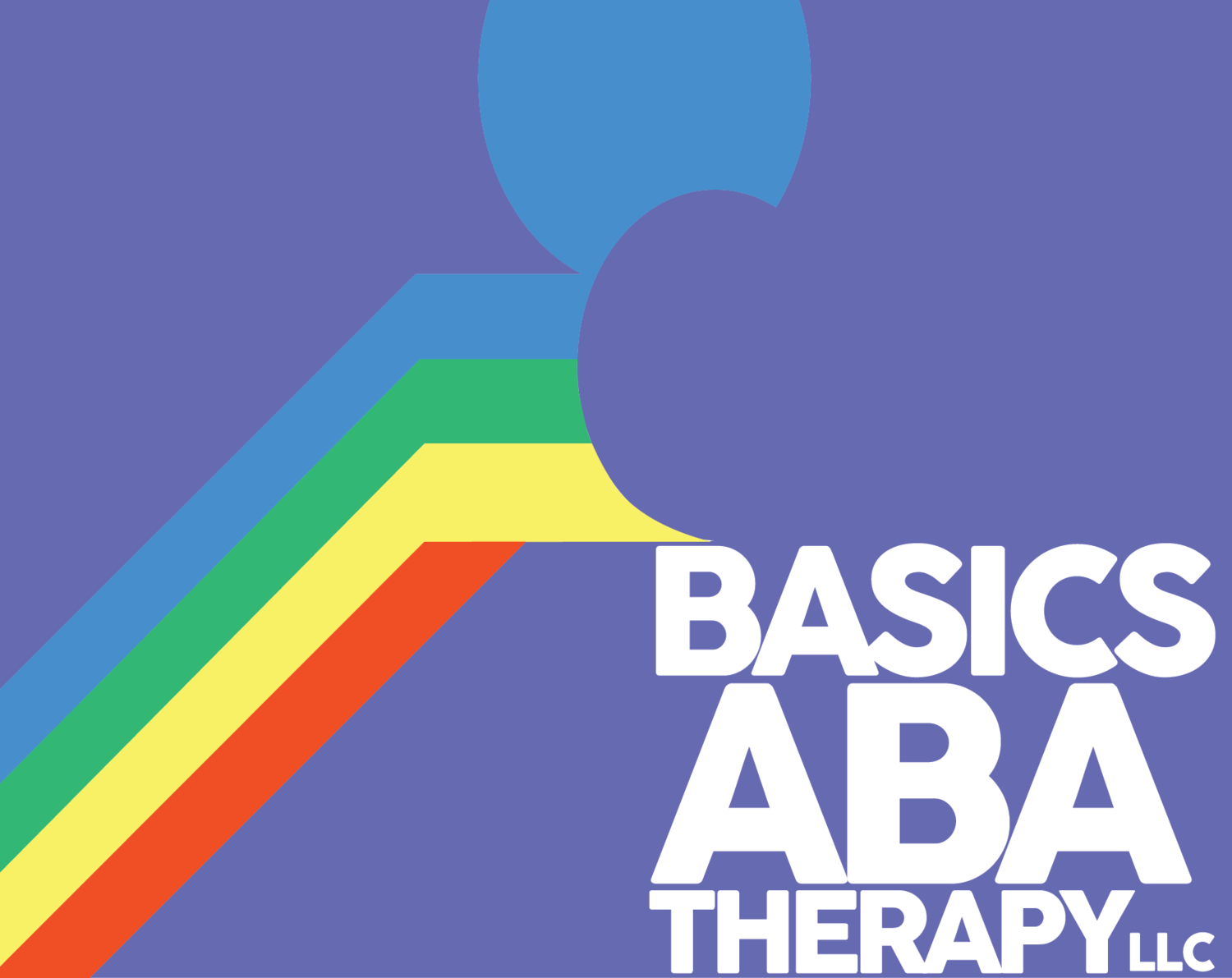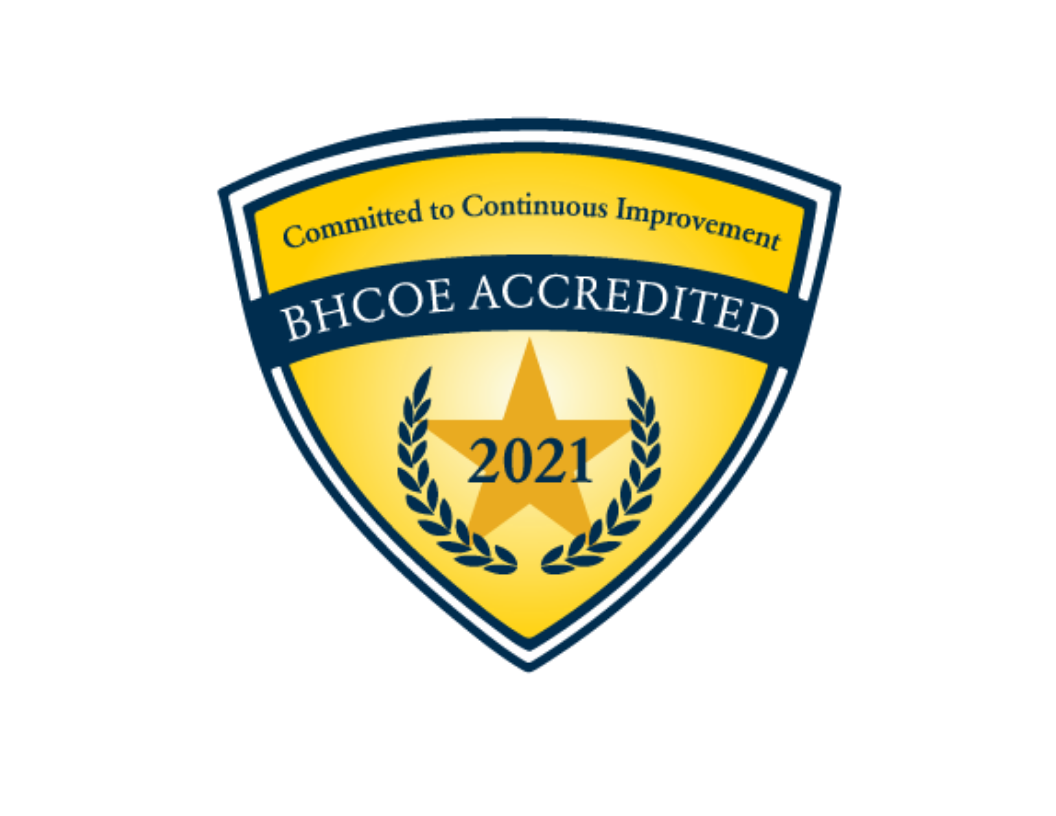When I first started in ABA, I was taught that if a kid threw a shoe at me, I should turn away from them because they wanted my attention. And you know what? As problematic as that approach was, it usually worked. When I became a foster parent, I was taught that if a child threw a shoe at me I should hug them because they needed my love. And you know what? It often worked. Over time those kids stopped throwing their shoes as their attachment became more secure. But sometimes they didn't. And no one had answers for families who parented kids from hard places who couldn't be ignored or loved out of throwing their shoes. No one had any resources that addressed this issue.
That’s why I developed this model, started presenting webinars, and wrote this handbook which you can purchase here:
My Trauma Informed Behaviorism Handbook walks practitioners start to finish through creating a Trauma Informed Intervention using behavior analytic principles. It helps look at trauma events through the lens of setting events and walks providers step by step through creating an intervention that addresses this setting event.
In the full Trauma Informed Behaviorism Handbook:
Readers learn to recognize and define a trauma event.
Readers learn how to apply trauma events as setting events.
Readers will learn how to implement a trauma informed antecedent intervention addressing trauma event setting events (TESE).
Readers will learn how to teach replacement behaviors and alternative behaviors that target the unique functions that maintain behavior for people who have experienced trauma events.
Attendees will learn how to teach consequence interventions that address the trauma event setting event (TESE).
At the end of the handbook, providers have access to a template to use this model for their future clients.
I am super proud of this handbook and think this unique approach using behavior analytic principles and trauma informed ABA make this a must for all providers. You can purchase the handbook here!
https://www.beyondthebasics-dc.com/product-page/the-trauma-informed-behavior-management-handbook



